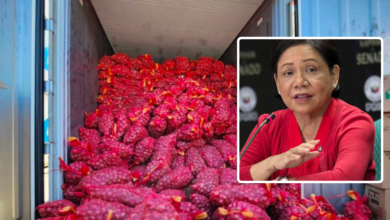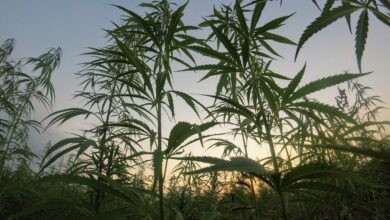
Women leading the shift in Mindanao’s coffee industry
For Imelda and Ava, coffee is more than just a morning drink that stimulates their senses. Coffee, to these two women leaders, means business.
Imelda Mendoza hails from Maramag, Bukidnon while Ava Marie Odal is from Tupi, South Cotabato. They are the women who are leading the monumental shift in Mindanao’s coffee industry, particularly in these parts of the region. It is through this movement that the coffee of Mindanao is reaching five-star hotels, exclusive expat clubs, and international online stores.
Revitalizing South Cotabato’s coffee industry
In 1960s, the town of Tupi had vast coffee plantations; it supplied tons of coffee beans to neighboring provinces as well as the Visayas. However, in 1980s, the price of coffee significantly dropped, resulting in a decline in coffee production in the municipality. Many farmers ceased the expansion of coffee plantations, and others went further by cutting fully mature coffee trees in order to make way for other commodities that were believed to provide better financial return.
In 2013, Tupi Coffee Growers Associations, Inc. (Tucogai) received a P5-million aid from the Department of Agriculture’s (DA) Mindanao Rural Development Project. This pushed the revival of the region’s coffee industry through the production and processing of Tucogai’s coffee. The monetary assistance was used to build a coffee processing plant that includes various equipment such as a bean separator and automated roasting machine.
Recently, Tucogai availed another P8.03-million assistance from DA – Philippine Rural Development Project, which will enable them to expand their processing capacity, production, and marketing of dried green coffee beans.
“We feel blessed and excited with the fresh assistance from PRDP as we can expand production in more areas not just in Tupi but also in other areas of the province including Tampakan, Polomolok, Surallah, T’boli and Lake Sebu,” said Ava, the general manager of Tucogai.
Through the years, their brand name changed from Kape Puro to Tucogai Coffee. Now, it has evolved into Indie Coffee, a better-sounding and apt brand since majority of their production comes from Indigenous Peoples in the province.
Kape Maramag on Amazon
To coffee connoisseurs, Bukidnon is well-known as one of the top coffee-producing provinces in the country. But few may have heard of Maramag, the largest coffee area among all of its towns. This local community is where it all started for the Rural Improvement Club (RIC) Foundation of Kape Maramag, and their coffee processing and marketing are now changing the province’s coffee industry as well as the lives of the coffee farmers in the town.
Established in 2012 as a community-based enterprise, RIC gained support from the Department of Agriculture – High Value Crops Development Program (DA-HVCDP) and collaborated with the Kaanib Foundation. Through this partnership, a coffee roasting facility was built in the municipality. They began with just a few pieces of equipment like a coffee roasting system, foot sealer, weighing scale, cutter, commercial grade coffee grinder, and foil for packaging.
From its simple beginning, the association has developed fast production of coffee over the years and has even reached the international market through Amazon, arguably the world’s top online retailer for general merchandise. RIC has also generated more jobs for its members who consist mostly of mothers or wives of farmers.
Every year, RIC Kape Maramag Inc. processes 10,000 metric tons of coffee beans. With the PRDP’s P10.5 million assistance, Imelda said they are hoping to establish a larger building for the processing area and expand their production farms. It is also their wish to have additional capital so that they could accommodate all of the farmers who sell their coffee to the association.




